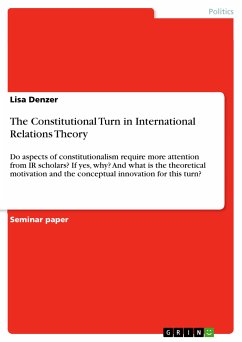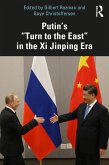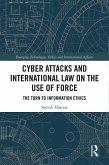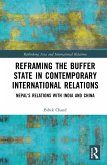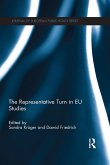Seminar paper from the year 2012 in the subject Politics - General and Theories of International Politics, grade: 1,0, University of Hamburg (Institut für Politische Wissenschaft), course: Recent Debates in International Relations Theory, language: English, abstract: The state system is and has been the main point of reference in international relations theory (from here: IR) both for traditional and new approaches (Jackson & Sörensen, 2010). Contemporary debates address the future of the state and whether its central importance in world politics may now be changing due to globaliza-tion (ibid.). The resulting emergence of a wide range of non-state actors such as international organizations caused a notable shift of power from the state to the regional or global level. The Kadi Case in 2005 and the military intervention in Libya 2011 demonstrated that e.g. the European Union and the UN now make use of this power in ways that directly affect individual's decisions. Both cases have shown that more attention is required from IR scholars to "address the coming challenges to fundamental norms that are held as central principles in most contemporary societies among the globe" (Wiener, et al., 2012, pp. 1, 2). The recent consti-tutional turn in IR theory deals with the shift from globalization towards constitutionalisation and the perceived lack of qualitative constitutional means to bound decisions of non-state actors and ground them in normative roots demonstrating their universal validity (Wiener, et al., 2012, p. 3). This paper will focus on the theoretical motivation and conceptual innovation of the so called constitutional turn in IR. It will further discuss the turn critically and explain why this turn requires more attention from IR scholars.
Dieser Download kann aus rechtlichen Gründen nur mit Rechnungsadresse in A, B, BG, CY, CZ, D, DK, EW, E, FIN, F, GR, HR, H, IRL, I, LT, L, LR, M, NL, PL, P, R, S, SLO, SK ausgeliefert werden.

